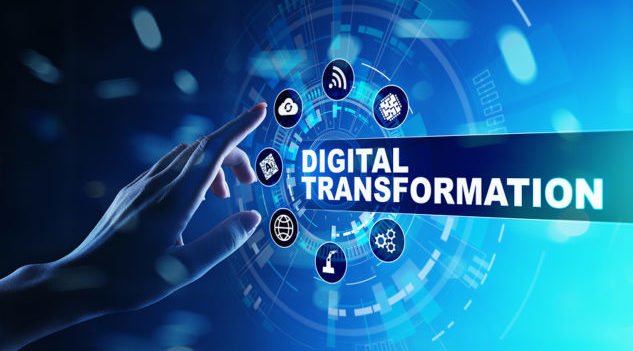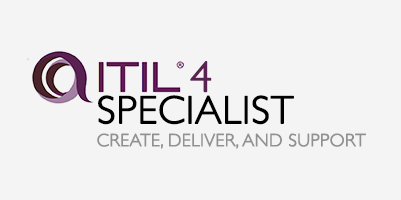Course Overview
Another evolution is here and talk has begun about Industry 5.0. With an urgent need to adopt digital transformation, global spending on digital transformation is expected to reach $2.8 trillion in 2025, as per the International Data Corporation (IDC).
In the past, many organizations have managed to evolve and survive by going through a fundamental change of service delivery transformation like Britannica, the now, digital encyclopedia. Others have managed to benefit from innovative platforms and digital communities to evolve and become disruptors like Airbnb, Uber, and Netflix.
This essential course will give a 360 perspective on the topic of digital transformation and is suitable for anyone involved in the digital transformation process.
This interactive course is based not only on theory but also on experience, using practical use cases, tools and techniques to give participants the knowledge needed to be involved in building the right digital strategy for their organizations’ success
This course is based on open discussions, question-and-answer sessions, group exercises, activities, videos, case studies, and presentations based on best practices, case studies and core principles.
Course Objectives
By the end of the course, participants will be able to:
- Explain the journey and process of digital transformation from digitization, digitalization through to transformation
- Utilize emerging technologies, such as Big Data, Blockchain, Cloud Computing, Robotic Process Automation (RPA), and Metaverse, and list their applications and business cases
- Understand the principles for developing and implementing a digital business strategy
- Explain important trends evolving from digital transformation and the criticality of investing and implementing them
- Play an active role in defining the leadership and governance structure for digital transformation initiatives and translating digital strategy into action
Target Audiance
- This course is suitable for anyone involved in developing or implementing digital strategies.



 4.9
4.9

